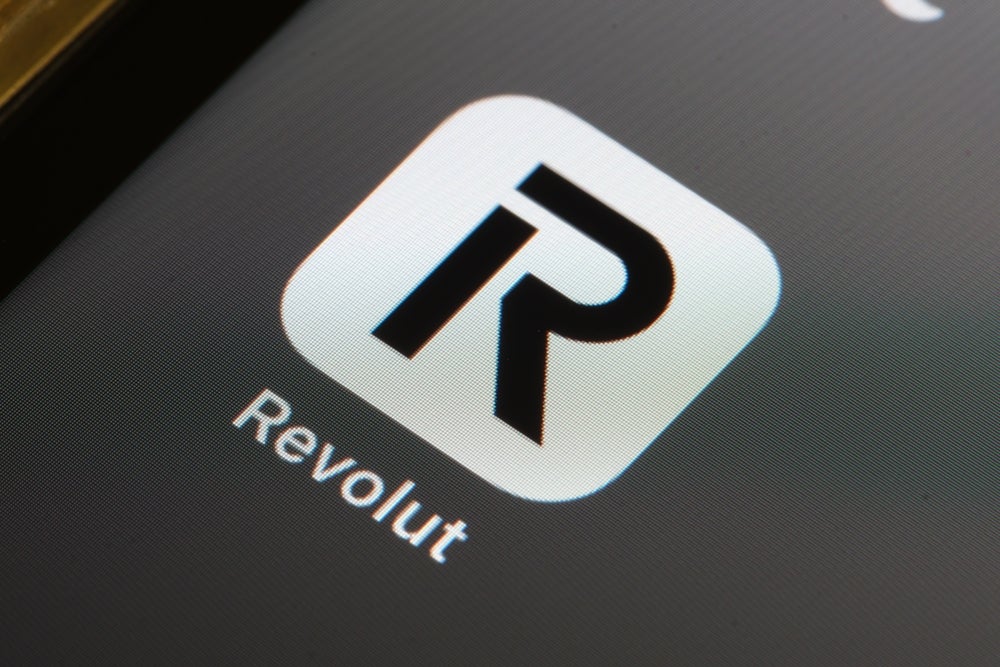The Covid-19 lockdowns, isolation, and loneliness have given renewed impetus to the bank transfer romance swindle. Mohamed Dabo reports
The lack of access to pubs, bars, restaurants, and other social gathering venues has shifted the dating scene from the physical to the virtual. The anonymity of online dating is fertile ground for deception.
Data from UK Finance reveals a 20% increase in bank transfer romance fraud between January and November 2020 compared to the previous year, with the total value of these scams rising by 12 % to £18.5m.
The average loss per victim reported to UK Finance members was £7,850, highlighting the significant impact this type of fraud can have on victims’ finances.
But criminals can trick victims into sending them money in many ways, not just via a bank transfer.
Action Fraud has also reported a rise in the number of people who have fallen victim to romance fraud since last year, with total reported losses equating to over £68m.
How well do you really know your competitors?
Access the most comprehensive Company Profiles on the market, powered by GlobalData. Save hours of research. Gain competitive edge.

Thank you!
Your download email will arrive shortly
Not ready to buy yet? Download a free sample
We are confident about the unique quality of our Company Profiles. However, we want you to make the most beneficial decision for your business, so we offer a free sample that you can download by submitting the below form
By GlobalDataIn these reports, victims have lost money via bank transfer, money transfer, sending fraudsters gift cards and vouchers or presents such as phones and laptops, and providing them with access to their bank account or card.
Romance scams involve people being duped into sending money to criminals who go to great lengths to gain their trust and convince them that they are in a genuine relationship.
“What is yours is mine”
They use language to manipulate, persuade and exploit so that requests for money do not raise alarm bells.
These requests might be highly emotive, such as criminals claiming they need money for emergency medical care, or to pay for transport costs to visit the victim if they are overseas.
Figures from the Online Dating Association (ODA) estimate that over 2.3 million Brits used dating apps during the first lockdown, with 64 %of people surveyed seeing dating apps as a lifeline for those living alone.
While the internet can be a great way to meet people and form new relationships, the growth in popularity of online dating is giving criminals more opportunities to exploit and coerce people into parting with their money.
Scammers will often build a relationship with their victims over time, the ODA’s data shows that half (53%) of people surveyed are having longer conversations on dating services during lockdown.
Help prevent heartbreak for friends and family
UK Finance has therefore called on people to look out for their friends and family.
Dating app users should also speak to their friends and family for advice and follow the advice of the Take Five to Stop Fraud campaign to keep themselves safe from scams.
- Stop: Taking a moment to stop and think before parting with your money or information could keep you safe.
- Challenge: Could it be fake? It’s ok to reject, refuse or ignore any requests. Only criminals will try to rush or panic you.
- Protect: Contact your bank immediately if you think you’ve fallen for a scam and report it to Action Fraud.
Pauline Smith, Head of Action Fraud, says:
“Last year, we sadly saw criminals exploit the coronavirus pandemic as a means to commit fraud, and romance fraud was no exception.
“The national lockdowns, and other restrictions on our social lives, implemented because of the coronavirus outbreak, have meant more people have been seeking companionship online and this has undoubtedly affected the number of reports we have seen.
“It’s important to say that most online dating sites, social media sites and gaming apps are perfectly safe. However, any online platform that allows you to connect with and talk to other people could be targeted by romance fraudsters so it’s important to remain vigilant.
“If you think you’ve been a victim of romance fraud, please don’t feel ashamed or embarrassed – you are not alone. Anyone can fall victim to fraud, but it’s important that contact your bank immediately and report it to Action Fraud.
Signs your friend or family member may be involved in a romance scam:
- They may be very secretive about their relationship or provide excuses for why their online partner has not video called or met them in person. They might become hostile or angry and withdraw from conversation when you ask any questions about their partner.
- They may express very strong emotions and commitment to someone they have only just met.
- They have sent, or are planning to send, money to someone they have not met face-to-face. They may take out loans or withdraw from their pension to send money.
How users can stay safe from romance scams:
- Be suspicious of any requests for money from someone you have never met in person, particularly if you have only recently met online.
- Speak to your family or friends to get advice.
- Profile photos may not be genuine, do your research first. Performing a reverse image search on a search engine can find photos that have been taken from somewhere, or someone, else.
If you think you have been a victim of a romance scam, do not feel ashamed or embarrassed – you are not alone. Contact your bank immediately and report it to Action Fraud.
No matter how long you have been speaking to someone online and how much you think you trust them, if you have not met them in person it’s important that you DO NOT:
- Send them any money
- Allow them access to your bank account
- Transfer money on their behalf
- Take a loan out for them
- Provide copies of your personal documents such as passports or driving licenses
- Invest your own money on their behalf or on their advice
- Purchase and send the codes on gift cards from Amazon or iTunes
- Agree to receive and/or send parcels on their behalf (laptops, mobile phones etc.)






